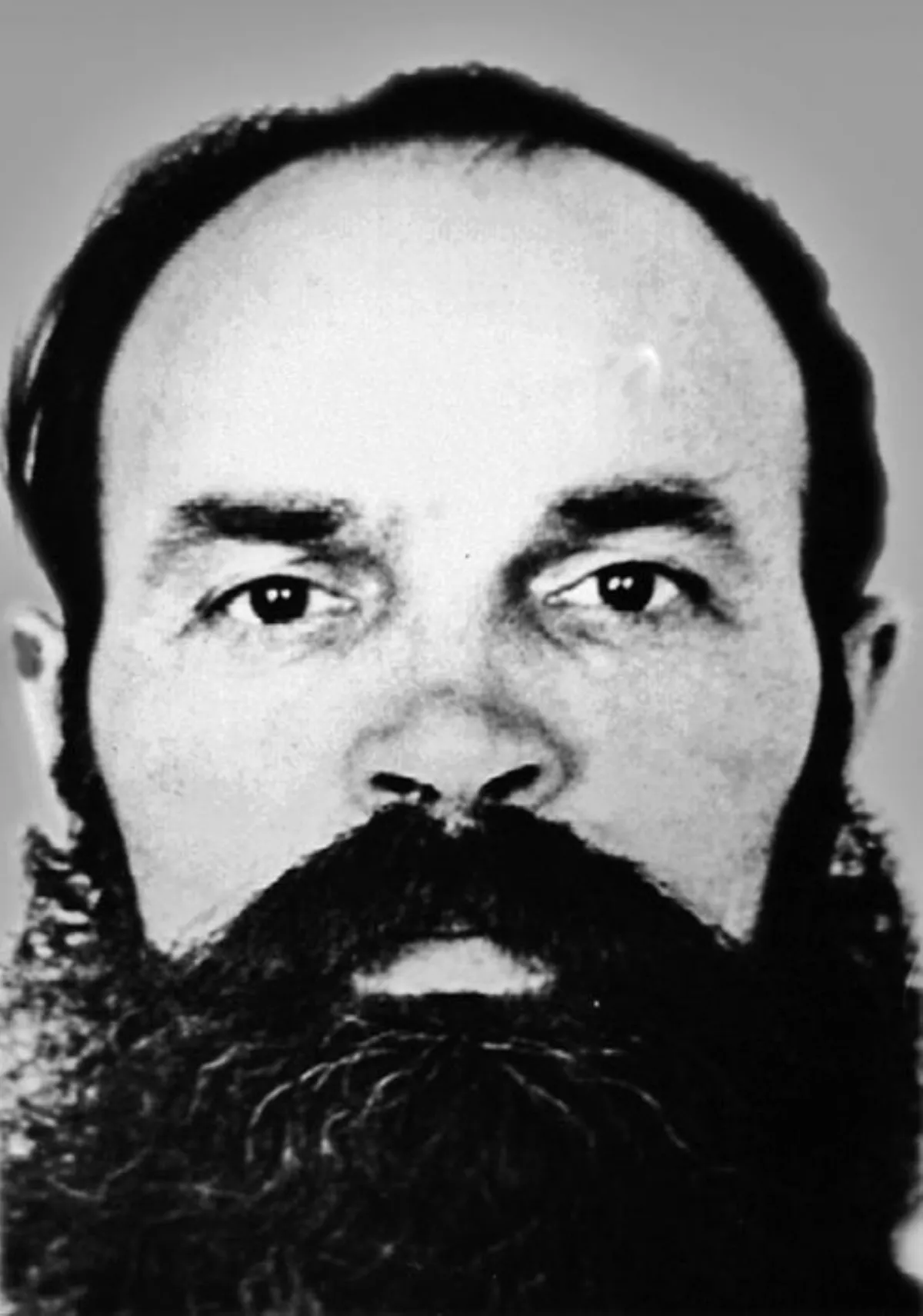 1.
1. Anatoly Tikhonovich Marchenko was a Soviet dissident, author, and human rights campaigner, who became one of the first two recipients of the Sakharov Prize for Freedom of Thought of the European Parliament when it was awarded to him posthumously in 1988.